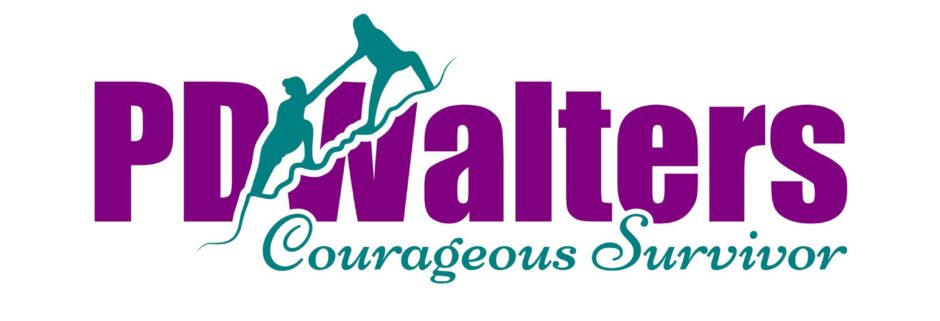In my professional life, I’ve spent years urging others to speak up.
To stand with victims.
To stop turning a blind eye while abusers walk away unaccountable.
To stop asking, “Why didn’t they leave?” and start asking, “Why did we allow it to continue?”
I’ve built my platform around truth-telling and courage. Around shedding light on abuse, trauma, and injustice—especially in systems that were supposed to protect us but often don’t. I’ve challenged law enforcement, the healthcare system, the courts, and churches. I’ve stood in front of professionals and asked them to see victims through a trauma-informed lens, to dig deeper, and to do better.
But here’s something I don’t talk about enough:
What happens when the same dynamics I speak out against show up in my own life—not just personally, but professionally?
What happens when the environment I spend hours in each week starts to feel all too familiar in the worst way?
Toxic Workplaces Can Feel a Lot Like Abusive Relationships
We don’t talk about this enough. We don’t talk about how emotional manipulation, gaslighting, power imbalances, and control don’t just happen in personal relationships. They happen in workplaces too—especially in environments where speaking up is inconvenient to the status quo.
I’ve been in spaces where standing up for what’s right was met with silence, resistance, or worse—subtle forms of retaliation. I’ve watched as people in power turned away from truth to preserve comfort. I’ve felt the weight of being labeled “too sensitive” or “too much” for daring to say out loud what so many are silently suffering through.
That kind of toxicity is not just uncomfortable.
It’s not something you can shake off at the end of your shift.
It’s the kind that creeps into your nervous system.
It impacts your sleep. Your digestion. Your immune system. Your energy levels. Your sense of safety and stability.
It mimics the exact patterns that trauma survivors already know so well:
-
Speak up and get silenced.
-
Set a boundary and get punished.
-
Try to change the system and get pushed out.
It’s Not Just Leaving—It’s Escaping
At some point, you stop trying to fix it. You stop hoping someone will step in and say, “This isn’t okay.” You realize that just like in an abusive relationship, it’s not going to change.
And that’s when the shift happens.
You move from surviving to planning your escape.
Because escaping isn’t just about physically leaving a job or a relationship. It’s about choosing yourself. Your health. Your voice. Your future.
It’s about reclaiming the energy you’ve spent trying to make broken systems whole.
It’s about recognizing that protecting your peace doesn’t make you weak—it makes you wise.
The Culture Has to Change—But You Don’t Have to Stay in the Fire to Prove It
If you’re in that place, I want you to know: I see you. I get it.
Sometimes the bravest thing you can do is walk away with your truth still intact.
You don’t have to burn out trying to shine a light in rooms where people keep closing the blinds.
You don’t have to keep proving your worth to those who benefit from your silence.
You are allowed to leave toxic environments without apology.
You are allowed to heal—even if that healing means walking away from something that once felt like purpose.
This is your reminder that speaking up for victims includes you.
That creating safer systems includes creating safety for yourself.
And that escaping isn’t failure—it’s freedom.
Let’s stop asking victims to be the ones who keep enduring.
Let’s start holding cultures, systems, and environments accountable.
And if you’re making your own escape right now, I want you to know—
You’re not alone.
You’re not crazy.
And you deserve better.
Always.
